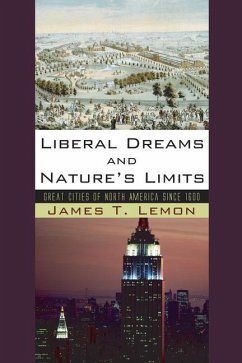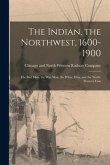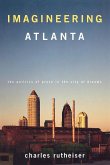On the agricultural frontier and through technological progress, the descendants of North America's pioneers have sought to fulfill their dreams of improvement. Through business, governments, and other bodies, city dwellers expedited these desires by organizing settlement, communications, trade, finance, and manufacturing. In turn, cities grew mightily. To assess the present condition of cities, this book focuses on five large North American cities at various times in the past-- Philadelphia (about 1760), New York (1860), Chicago (1910), Los Angeles (1950), and Toronto (1975). Life inside these cities - specifically the economy, society and politics, public services, land development, and the geographies of circulation, workplaces, and residential districts--is the central concern of this book. Another concern is drawing contrasts and similarities between the American and Canadian urban experiences. North Americans, most now living in cities, face the challenge of a social frontier--how to maintain civility in a near-stagnant economy. Despite recent advances in cyberspace, nature has imposed limits on technological progress defined by speed, convenience, and comfort: Promethean gains through creative destruction are no longer possible. Increased preoccupation with money, status, and safety suggests that the striving inspired by liberalism is still appealing. Yet without growth, in order to achieve liberal dreams of freedom in thought and action, citizens and leaders in both the U.S. and Canada will have to commit themselves as never before to managing fairness through social democracy. Sustainable cities are not possible otherwise.
Hinweis: Dieser Artikel kann nur an eine deutsche Lieferadresse ausgeliefert werden.
Hinweis: Dieser Artikel kann nur an eine deutsche Lieferadresse ausgeliefert werden.








